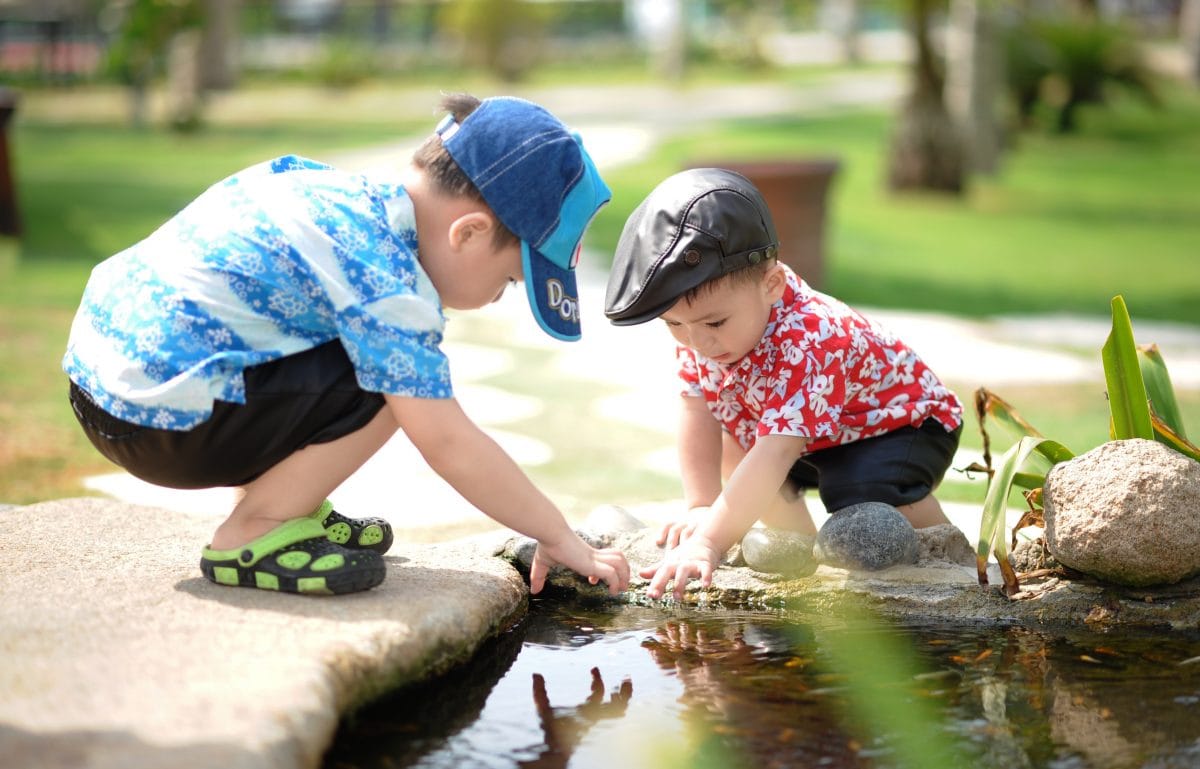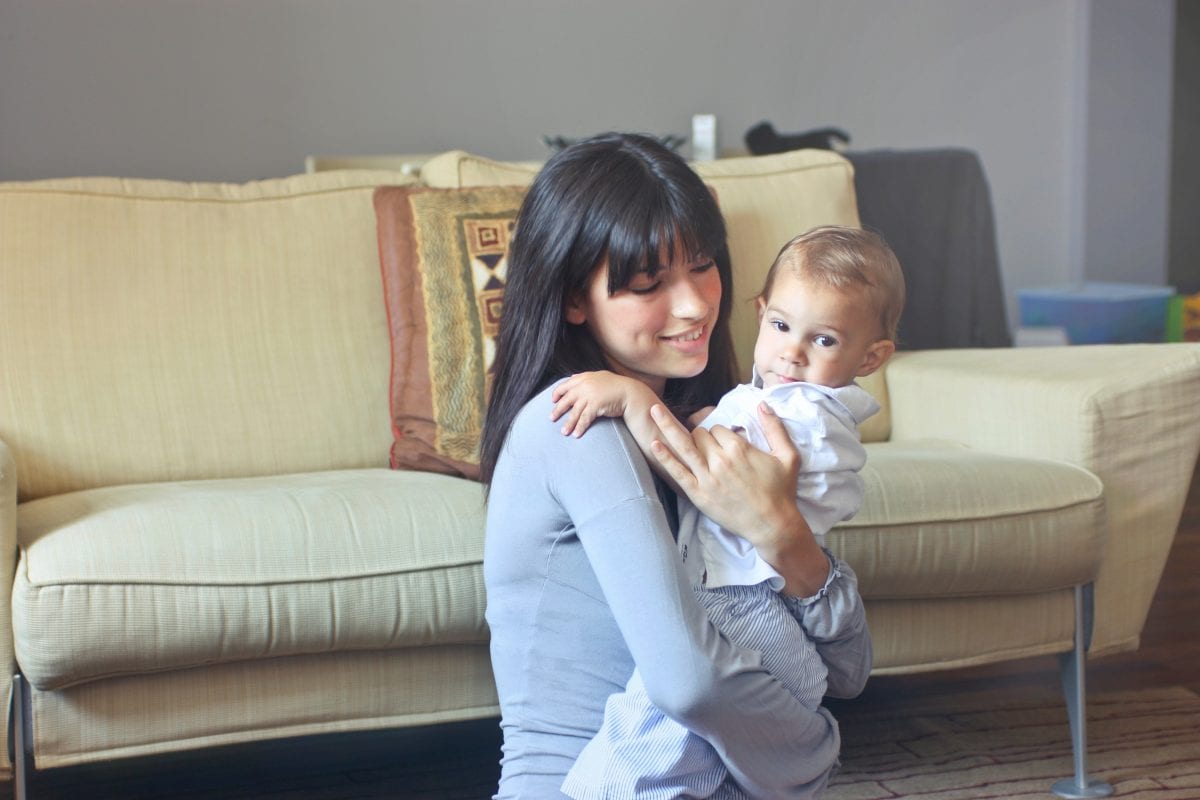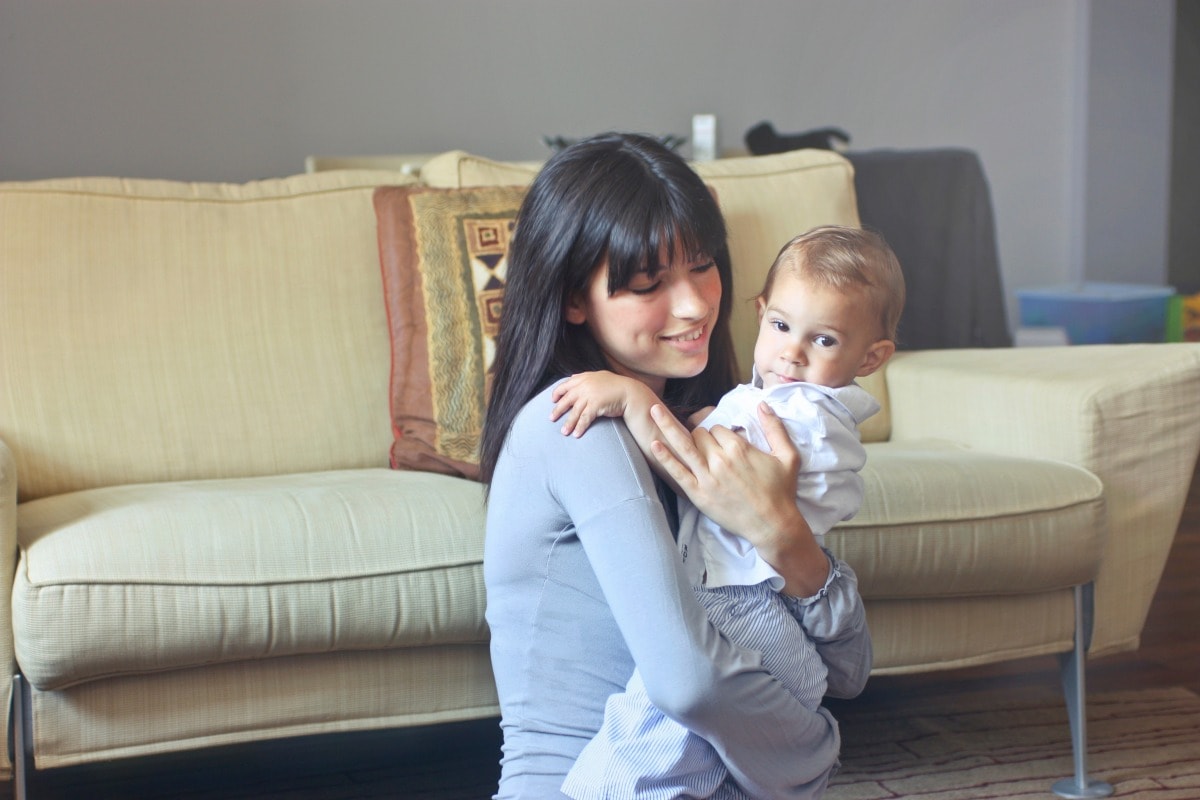Politeness is a positive and endearing social skill at any age. It enhances your personality and is a mark of good upbringing. Beyond showing good social skills, politeness can help secure jobs, make friends and advance your life moving forward.
Parents who teach children to be polite can yield an impressionable impact that carries their child throughout adulthood and is an important social life skill. Planning, consistency and persistence are key to instilling the lessons of politeness during a child’s formative years.
5 tips for Teaching Politeness
Set clear expectations
Setting clear expectations and sharing them with your children is the first step towards teaching politeness and manners. By explaining the behavior in an age appropriate manner it establishes expectations that with consistency will be easier to follow.
Read More: A Beginners Guide to Manners at the Dinner Table
For example, if extending common courtesy in manners and speech is the norm you wish to establish in your home, it is important for children to be told and instructed in such. Teaching when it is appropriate to say please, thank you and other courtesies can begin at a young age.
As children grow continuing to have conversations about behavioral expectations will establish guiding posts to navigate their lives in the right direction. With older children family discussions can also serve as a valuable resource for exchanging views or expressing concerns related to behavior.
Model the behavior you want

Experts believe that parents have the greatest influence in their children’s lives. Children not only look up to their parents, but observe them carefully and instinctively follow their examples. When teaching politeness and appropriate behavior it is important for parents to model the type of behavior that they specifically want to ingrain in their children.
Read More: Building Character in a Selfie World
Parents who want their children to be fair-minded, honest and kind at all times, should ensure they practice the same in their own lives.
Remember: The manner that you interact with others, the table manners you use while dining with your family, and even how you use the phone all have a direct bearing on your children’s learning experience and their ability to demonstrate these behaviors in their own life. The key is to practice what you preach.
When children are loved unconditionally, treated respectfully, and praised regularly for the efforts made, they are naturally more inclined to be polite in their behavior and actions.
Enforce consistency
Consistency is the bedrock of good character. As parents it is important to be self-disciplined in maintaining a healthy lifestyle and promoting a happy, peaceful and harmonious environment in your home. When children feel that they can depend on their parents for consistency they are more likely to demonstrate consistency on their own. Creating a positive environment in the home can free children from stress, promote good mental and emotional health, and establish a climate for teaching them to be polite.
Read More: 5 Tips for Encouraging Healthy Eating Habits Early
It is important for all the members in the family to follow the same rules, show consideration for the feelings of others, respect each other’s opinions, and learn to share their things and time with each other. Practicing these as a way of life can be the essence of teaching appropriate manners and behavior.

Provide opportunities for demonstrating appropriate behavior
Another important way of teaching children to be polite is by providing them with greater opportunities to practice social etiquette outside the home. Children need greater exposure to practice polite behavior correctly from an early age. Children who regularly visit their extended family, attend parties and social gatherings, go to public places like restaurants, theaters and museums, are better able to socialize and demonstrate polite behavior.
Read More: Raising Children with Respect – Teaching Respect through Parenting
Children are observant. Once it is understood what is expected of them, and once they realize that manners count, they soon learn to be polite in company making sure not to let their parents down at any given time.

Develop understanding
Understanding is the human trait from which polite behavior springs. Parents who habitually take time to draw their children’s attention to be watchful of their words and actions automatically develop understanding in their children. These are the children who have a strong sense of empathy and are generally polite in their manners.
Read More: How to Deal with a Stranger’s Mean Kid
Once children are quick to integrate politeness in their daily lives they are often more considerate of the feelings of others and guard against the use of hurtful words and rude behavior. Understanding the importance of being nice like their parents will encourage them to be polite and constantly use words like please, thank you, excuse me and I’m sorry.
[td_smart_list_end]
As trying as teaching politeness may be during certain stages of life, it is necessary to adapt your methods to best suit your family’s needs. Politeness can encompass a broad range of skills. Your goal, with time, is to teach your children to be caring and compassionate human beings. The goal is also to have them develop into tolerant individuals who are appreciative of others. While it may take time, with practice it will become habit, so don’t fret over a few missed “please’s” or “thank you’s” because they are not really setbacks in the grand scheme of things.
WANT TO READ MORE?
Check out this article on the benefits of exposing children to technology.

Photo Credit: Pexels










































